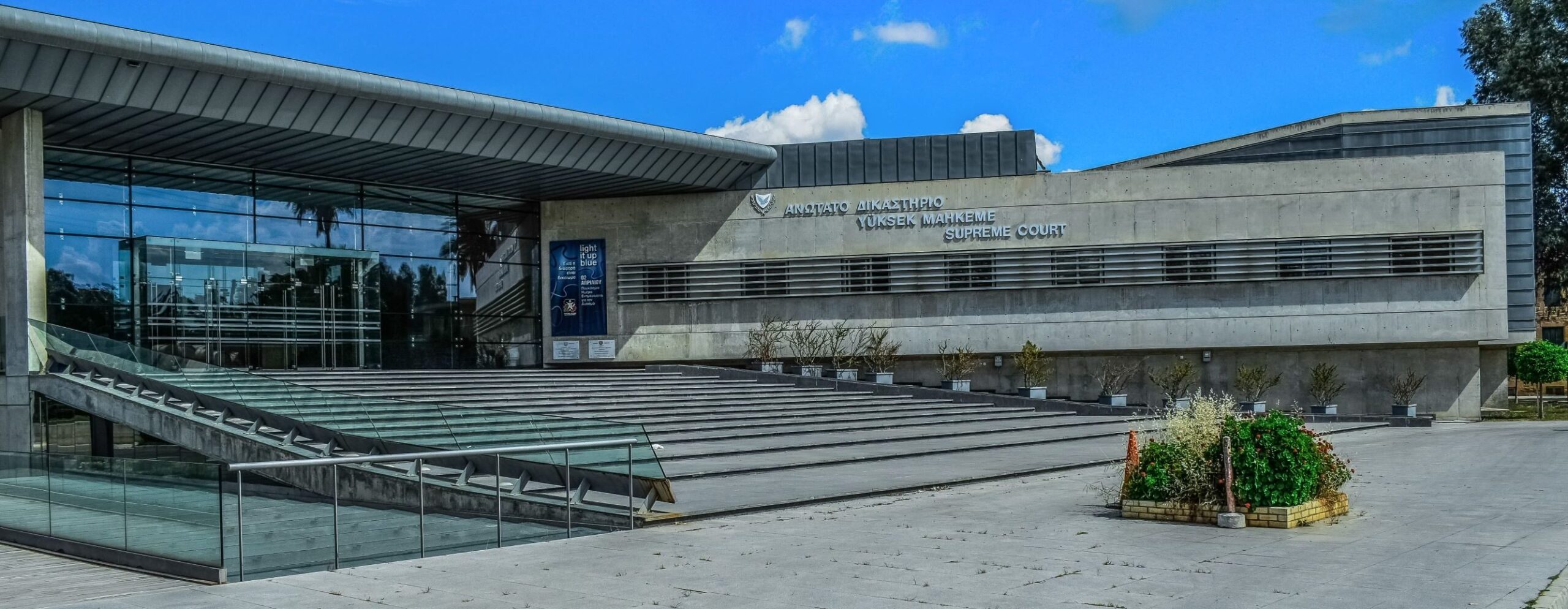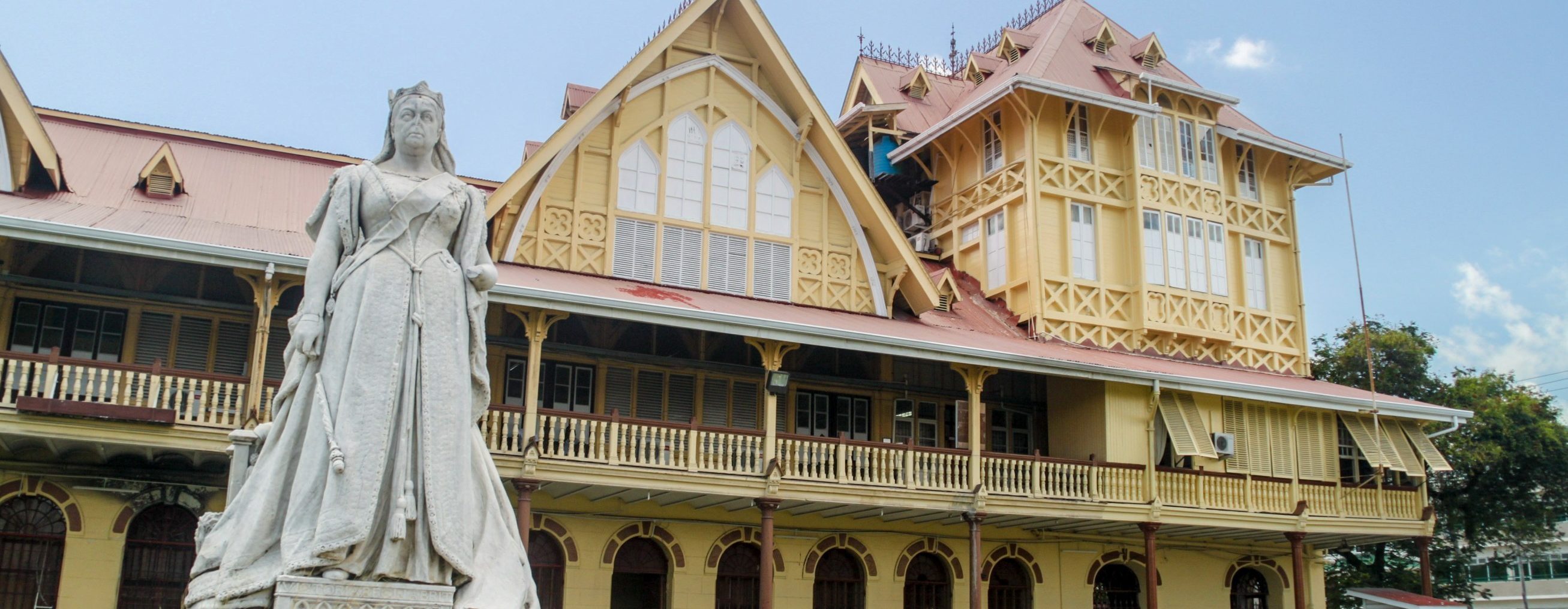Kenya 2019
Tuko pamoja
A common slang saying in Nairobi is “Tuko pamoja” – we are all in this together. This visit saw ICCA trainers, aspiring trainers from the Kenyan Bar and Kenya School of Law students working together on a challenging four-day course.
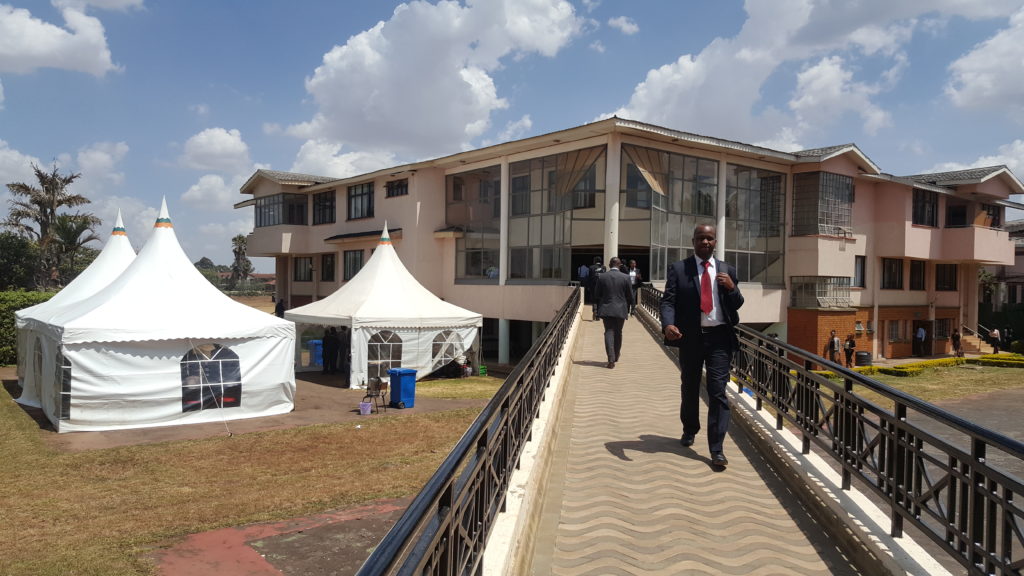
Challenging for everyone, as the visit coincided with the construction of a new building for the law school, the noise of which was an occasionally unwelcome (if comically loud) interruption to our work. Chris Russell gave an excellent talk, based on his extensive experience of designing advocacy training courses, but he had to compete with the colossal racket of a nearby skip being filled with rubble. Thirty minutes into this session even the unflappable Chris didn’t appear to know whether to laugh or cry (his cruel colleagues opted for the former option).
For the ICCA trainers there was a constant timetabling and organisational challenge borne principally by Peter Clark, who spent much of the week rapidly revising timetables and groupings, while always trying to avoid changing the exercises that had been allocated to individual trainees. Exercises and talks also had to be adapted on the fly to meet local variations in practice.
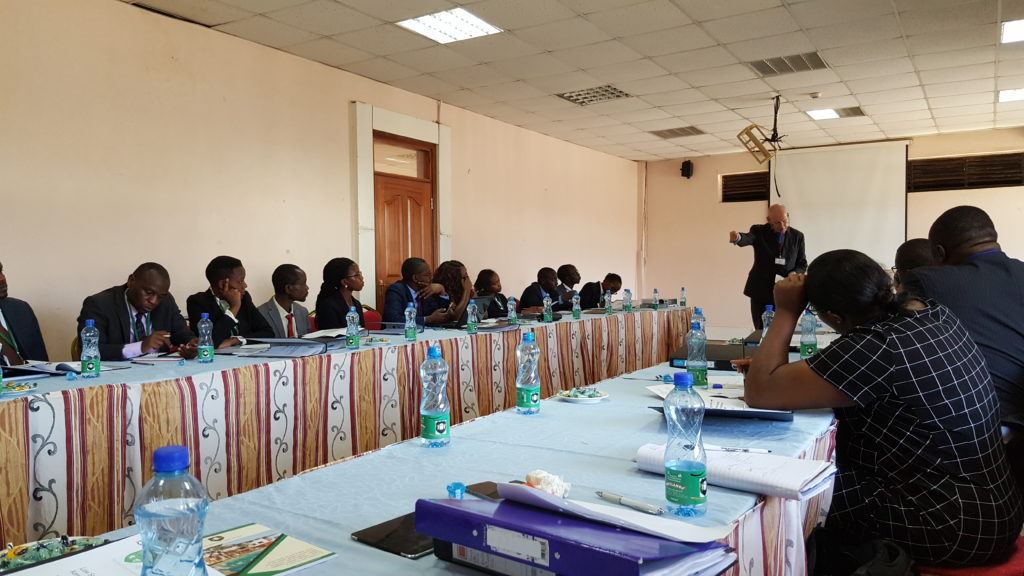
John Ryder QC’s talk on closing speeches was swiftly adapted to a jurisdiction with judge-only decision making and lengthy written submissions.
The course was challenging for the Kenyan Bar’s trainee trainers, whose experience of local Continuing Professional Development had previously been passive and non-interactive, generally being delivered to participants in huge numbers.
Such training may sometimes leave scope for phone calls and court attendance, but those expectations of juggling practice and training were immediately tested by the demands of the ICCA course.
The law students were subject to their first one to one advocacy training. Some would have to bear both the Hampel one-point feedback and then find it was followed by broader discussion for the trainee trainer’s benefit of what else might have been considered. Just as Hampel training was new to the students, so the aspiring trainers also had to contend with learning teaching methods that had never been used to teach them.
The trainers hard work also permitted a day’s rest and the opportunity to visit one of Kenya’s spectacular national parks.
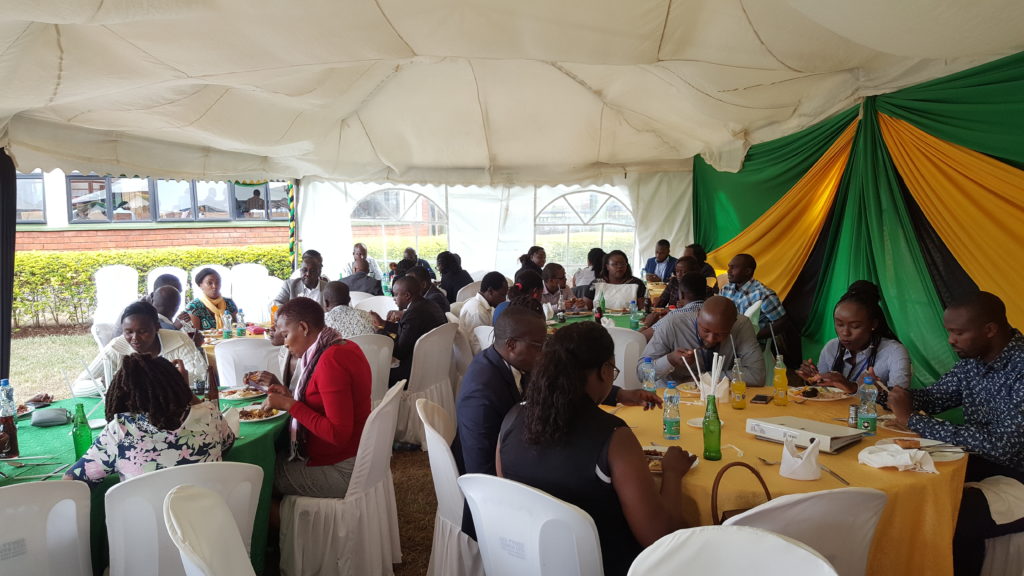
Overall the trainees and students performed with huge courage and enthusiasm. The programme could only be a small start in respect of this type of advocacy training in Kenya: years of effort required by volunteers from the bar and bench (as we have had in the UK) cannot emerge overnight. However, some trainees made a strong start given the challenges and if local action and further support materialise there is great potential to support Kenya’s ambitions as a legal centre for East Africa.
This visit was hosted by the Law Society of Kenya, received financial support from ROLE UK (Rule of Law Expertise UK), and in turn was funded by the UK Department for International Development. The course was honoured by a visit Kenya’s Solicitor General, Mr Kennedy Nyabuti Ogeto. The Law Society of Kenya’s Programme Officer, Itoto Echakara was an invaluable support and the training would have been impossible without the efforts of the ICCA’s Phoebe Makin and ROLE’s Jessica Redfern.
The ICCA would also like to acknowledge the contributions made by our Trainers: Peter Clark, Saul Herman, Louise McCullough, Jennie Oborne, Christopher Russell and John Ryder QC.

